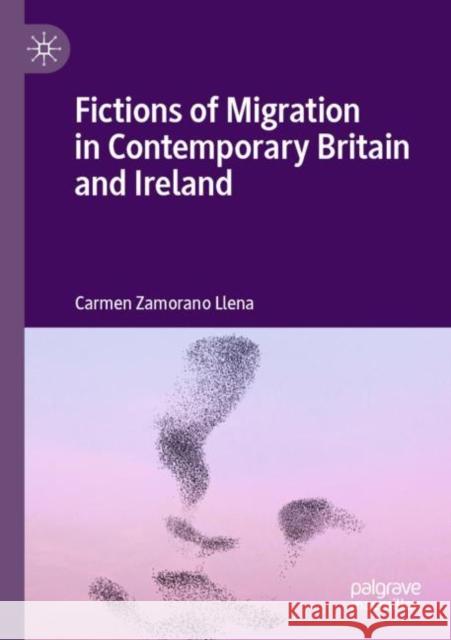Fictions of Migration in Contemporary Britain and Ireland » książka
topmenu
Fictions of Migration in Contemporary Britain and Ireland
ISBN-13: 9783030410551 / Angielski / Miękka / 2021 / 211 str.
Fictions of Migration in Contemporary Britain and Ireland
ISBN-13: 9783030410551 / Angielski / Miękka / 2021 / 211 str.
cena 192,30 zł
(netto: 183,14 VAT: 5%)
Najniższa cena z 30 dni: 191,40 zł
(netto: 183,14 VAT: 5%)
Najniższa cena z 30 dni: 191,40 zł
Termin realizacji zamówienia:
ok. 20 dni roboczych.
ok. 20 dni roboczych.
Darmowa dostawa!
Kategorie:
Kategorie BISAC:
Wydawca:
Palgrave MacMillan
Język:
Angielski
ISBN-13:
9783030410551
Rok wydania:
2021
Wydanie:
2020
Ilość stron:
211
Waga:
0.30 kg
Wymiary:
21.01 x 14.81 x 1.3
Oprawa:
Miękka
Wolumenów:
01
Dodatkowe informacje:
Wydanie ilustrowane











